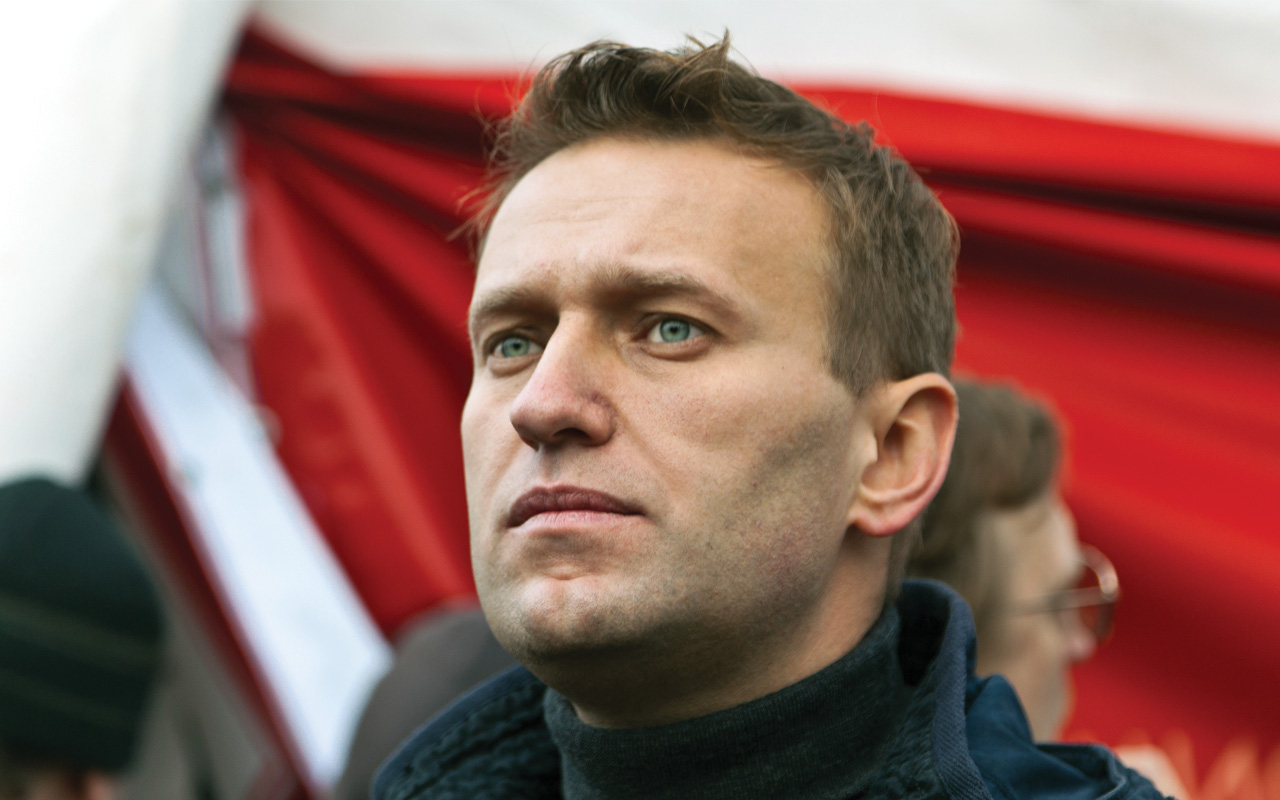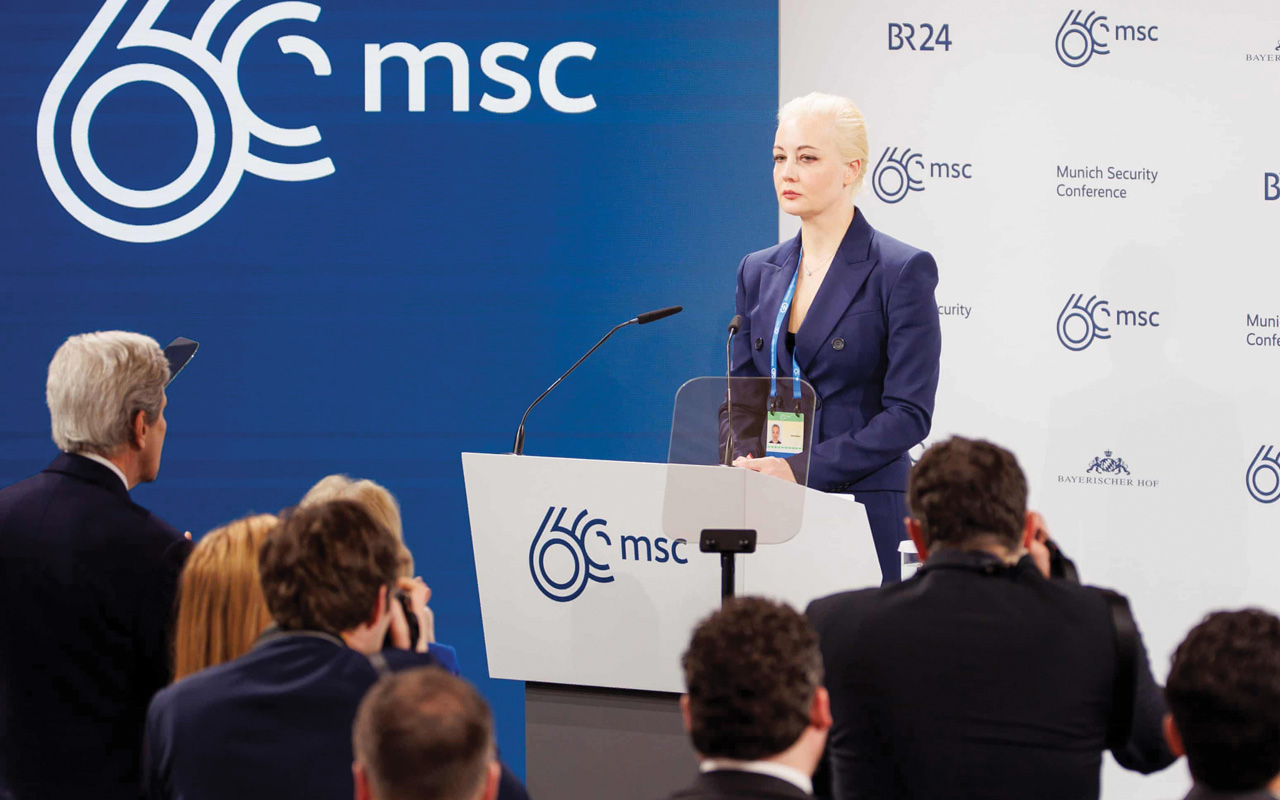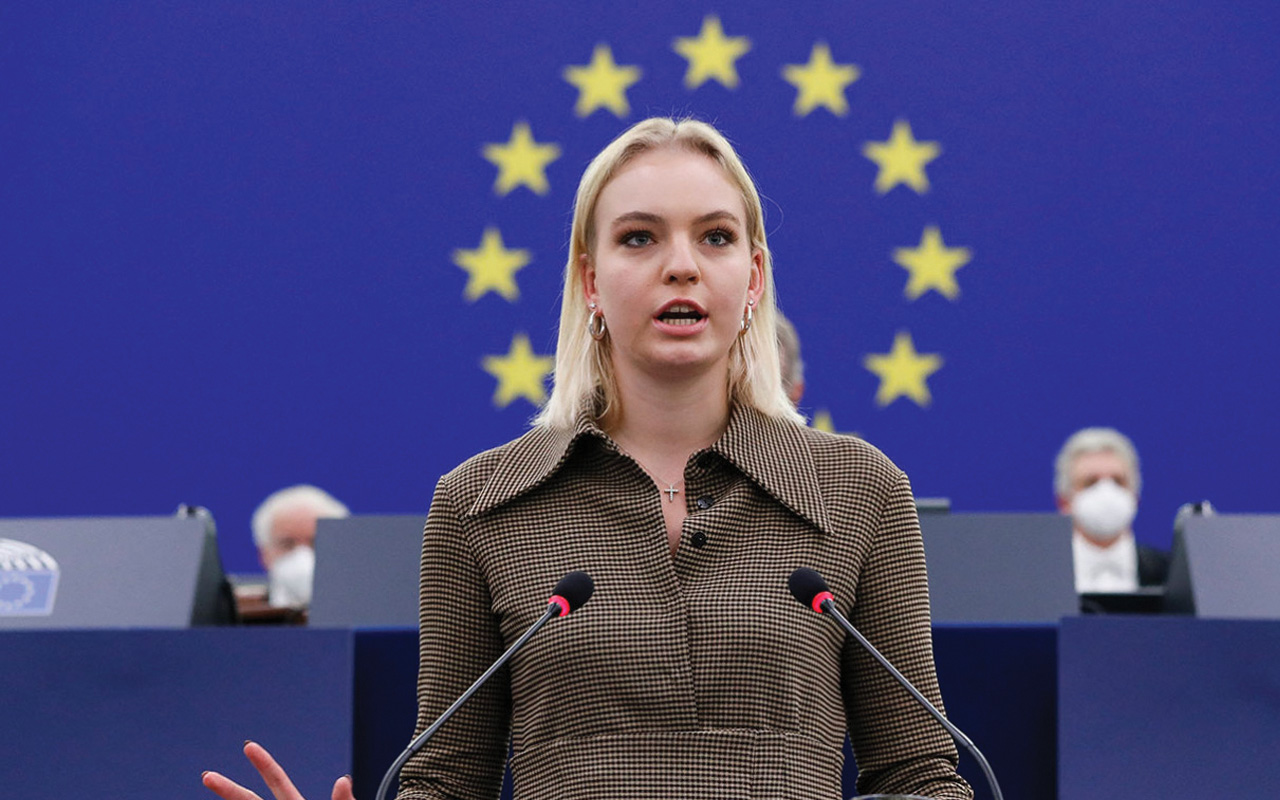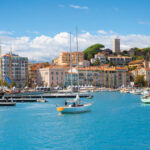
Alexei Navalny
Alexei Navalny, the key opposition leader to Russian President, Vladimir Putin, ‘died’ in highly suspicious circumstances at an Arctic prison camp on February 16th, 2024. Navalny was a fit, dynamic 47-year-old who had a full life ahead of him had it not been the fact that he was an enormous thorn in Vladimir Putin’s side.
The Russian Dictator had failed at previous attempts to assassinate Navalny, and after imprisoning him in 2021, the Kremlin made sure that their mission was accomplished in 2024 – one month before the Russian elections.
Navalny died at one of Russia’s most notorious prisons where he was kept in solitary confinement. The Russian-spun story is that he had taken a walk on February 16th, 2024, and died of a blood clot while walking. They provided no evidence.
The Russian authorities took away Navalny’s body immediately – refusing to release it to his wife, Yulia Navalnaya and lawyer because they didn’t want an autopsy conducted in which the medical results would reveal the cause of death.
The Russian citizens who were brave enough to pay their respects to Navalny at memorials across the country were immediately detained by authorities, according to human rights observers. Any mourner placing a bouquet of flowers at a memorial site was arrested and detained. That shows how threatened the Kremlin was by anybody who supported Navalny.
For those who are unfamiliar with Navalny’s history, he was a stalwart Russian opposition leader, lawyer, anti-corruption activist, and subsequent political prisoner. He organized anti-government demonstrations and ran for office to advocate reforms against corruption in Russia and against President Vladimir Putin and his government.
On 20 August 2020, Navalny was poisoned with a nerve agent called Novichok during a flight from Tomsk to Moscow. It was an ideal environment to poison him since it would be impossible to render him immediate medical help while an airplane is in flight. He began to convulse on board the flight and after the pilot made an emergency landing, he was taken to a local hospital in Omsk where he was in a coma. When his wife, Yulia, demanded that her husband be released from the Russian hospital so that she could transfer him to a safer hospital in Germany, the police presence at the hospital did their utmost to keep the family away, and secure Navalny there for as long as possible. The reason was that the longer they kept him there, the less chance there would be of traces of the nerve agent Novichok being detectable.
After the collapse of the Soviet Union in the 1990s, scientists working at the GosNIIOKHT state chemical-research institute in Russia, spoke publicly about the nerve agent, Novichok – which means in Russian ‘new guy’ or ‘newcomer’. Russia has never officially confirmed its existence, but those same scientists said Novichok nerve agents are the deadliest ever made, with some variants possibly five to eight times more potent. They belong to a broad class of compounds called cholinesterase inhibitors.
Novichok disrupts the mechanisms by which nerves transfer messages to organs, by inhibiting chemicals in the body that nerve cells use to regulate essential functions and blocking neurotransmitters.

Yulia Navalnaya, wife of late Russian opposition leader Alexei Navalny, addresses the Munich Security Conference on February 16, 2024. Photograph- Marc Mueller/MSC handout/EPA
What makes nerve agents ideal for assassination purposes is that they are usually colorless and tasteless liquids that can evaporate into a gas. Though some Novichok agents are solid, they are most commonly dispersed by means of an ultrafine powder. This can enter the body by inhalation, ingestion, or contact with the skin.
The first sign of Novichok poisoning in a human body is miosis: shrinking of the pupils in the eyes to mere dots. That is quickly followed by sweating and wheezing. As the muscles around the heart and lungs contract, the victim has difficulty breathing, and this can lead to suffocation and cardiac arrest. The nerve agents disrupt nerve signals to the muscles, causing involuntary convulsions. This is usually accompanied by vomiting and then death.
In August 2020, the Russians eventually gave in to Yulia Navalnaya’s and the world leaders’ pressure to release Alexei from the Russian hospital. Chancellor Angela Merkel of Germany put out this stern warning to the Kremlin:
“The crime against Alexei Navalny is against the basic values and fundamental rights we support. It raises serious questions which only the Russian government can, and must, answer.”
Navalny was evacuated to Berlin, Germany where the use of a type of Novichok nerve agent was confirmed by the Organization for the Prohibition of Chemical Weapons (OPCW) certified laboratories. They showed that a cholinesterase inhibitor from the Novichok group was found in Navalny’s blood, urine, skin samples and his water bottle.
Novichok is a signature Kremlin method of murder. Former Russian double agent Sergei Skripal and his daughter Yulia were poisoned by nerve agent Novichok in 2018 in England. Police officer Nick Bailey along with two members of the public, Charlie Rowley and Dawn Sturgess, were also poisoned. Dawn Sturgess later died.
Despite the 2020 proven evidence of Novichok in Navalny’s body, the Kremlin’s response to the conclusions and the allegations were swiftly suppressed as “utterly unfounded” and “insulting.” They blamed it all on the American C.I.A. and refused to open an official criminal investigation of the poisoning.
The European Union (EU) and the United Kingdom (UK) responded by imposing sanctions on the Director of the Russian Federal Security Service (FSB), Alexander Bortnikov, five other senior Russian officials, and the State Research Institute of Organic Chemistry and Technology (GosNIIOKhT). According to the EU, the poisoning of Navalny became possible “only with the consent of the Presidential Executive Office” and with the participation of the FSB.
At the time of the 2020 assassination attempt, Dasha Navalnaya, the daughter of Alexei and Yulia, who is a student at Stanford University, said,

Dasha Navalnaya , the daughter of Russian opposition leader Alexei Navalny, delivers a speech after receiving the Sakharov Prize on her father’s behalf at the European Parliament
in Strasbourg Photograph: Julien WARNAND / POOL / AFP
“What happened to my father was surreal – like a book I was reading.”
Further evidence of the Kremlin’s involvement in the 2020 Navalny near-death situation was conducted by a highly accredited international Data Journalist, Christo Grozev, who studied the flight manifesto of everybody on board the Russian flight wherein Navalny was poisoned. He even traced their original starting point to get to the remote location, and it all pointed to Moscow. From there, Grozev was able to come up with a short list of eight prime suspects on board that flight whose movements all overlapped at significant checkpoints. When Grozev set up a phone trap a few weeks later with the eight prime suspects, two of the men interviewed admitted that had the airplane pilot not grounded the flight as soon as he did, the nerve agent would have caused Navalny’s death, and they would have been successful in their mission. They admitted their culpability.
We know that Vladimir Putin is never going to admit that he ordered the death of Alexei Navalny. We also know that the denial of basic human rights in Russia is so egregiously enforced that the country has one of the worst records of oppression. It violates every tenement of ethical governance and leadership.
While Vladimir Putin will continue to entrench his dictatorship hold on the Russian people, the hope is that Alexei Navalny’s death will effect significant change in the country. He was prepared to die for there to be change in his beleaguered country, and while the free world is exerting pressure on Putin, it is ultimately going to be the Russian people who decide how much longer they can tolerate a ruthless leader. The problem is that any vocal disagreement in an oppressive regime may cost them their lives.
In the meantime, a young family has just lost their principled and brave husband and father. Their grief is unfathomable and their resolve to seek change – immense. Yulia Navalnaya was in Germany, about to attend the annual Munich Security Conference, when the news of her husband’s death came through. She spoke at the conference with her voice trembling from grief and indignation:
“I want Putin, his entourage, Putin’s friends and his government to know they will pay for what they have done to our country, to our family and my husband. And that day will come very soon.”
Our thoughts go out to Yulia, Dasha and Zakhar.
Twitter: @Dasha_Navalnaya; IG: @dasha_navalnaya






